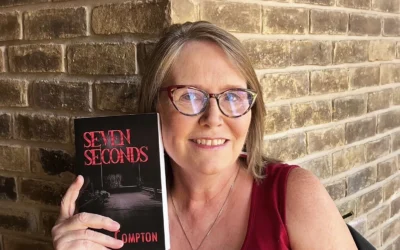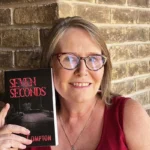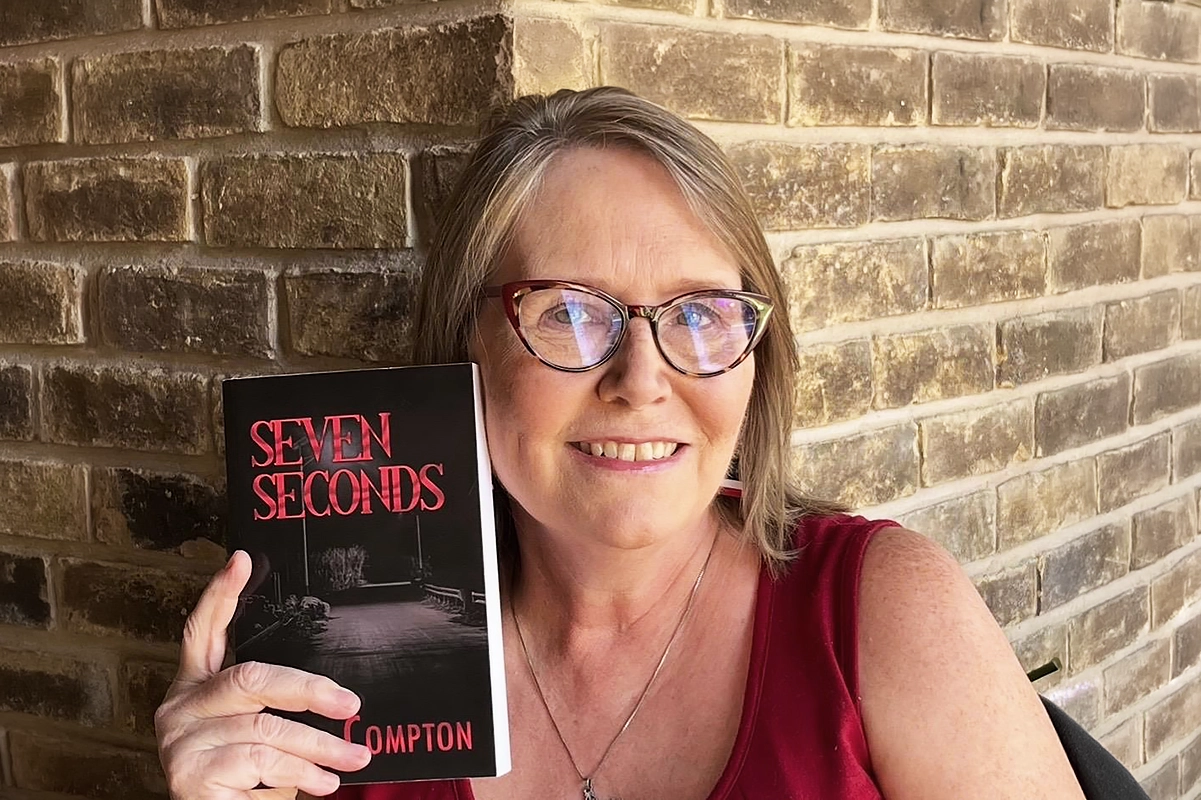J.D.R. Hawkins Shares Her Passion for Civil War Historical Fiction

PHOTO: J.D.R. Hawkins, bestselling author of the Renegade Series, known for her powerful storytelling and richly researched Civil War narratives.
A Journey Through History And Storytelling
This interview explores J.D.R. Hawkins’s meticulous research, emotional storytelling, and unique Southern perspective, revealing how she brings the American Civil War to life through vivid characters, authentic detail, and heartfelt thematic depth.
J.D.R. Hawkins brings the emotional depth of lived experience to the battlegrounds and home fronts of the American Civil War, crafting stories that resonate far beyond their historical setting. As a bestselling author known for her acclaimed Renegade Series, she offers an uncommon Southern perspective—particularly notable as one of the few female authors writing from a Confederate viewpoint. Her work blends painstaking research with character-driven storytelling, illuminating the human cost of the conflict through the lives of ordinary families.
Her novels trace the journey of the Summers family of Alabama, whose struggles reflect the upheaval and heartache endured by countless civilians. From A Beautiful Glittering Lie to Double-Edged Sword, Hawkins immerses readers in the realities of war while ensuring every emotional beat feels authentic. Her approach is grounded in meticulous scholarship—each book typically requires six months of research and six months of writing, drawing on hundreds of historical documents, journals, and battlefield visits. The first novel in the timeline, A Beautiful Glittering Lie, is based on the journal of R.T. Cole, an adjutant in the 4th Alabama Infantry, underscoring Hawkins’s commitment to factual accuracy even as she crafts vivid fictional characters.
A remarkable storyteller who blends rigorous historical research with unforgettable emotional resonance, enriching Civil War fiction with depth, nuance, and rare perspective.
Her protagonist, David Summers—introduced as a sixteen-year-old at the outbreak of war—has been one of her most challenging characters to portray. His rapid transformation from naïve youth to battle-hardened soldier demanded emotional nuance and an honest confrontation with the era’s brutality. Beyond soldiers and strategy, Hawkins expands the Civil War narrative to often-ignored arenas. Horses in Gray sheds light on the indispensable warhorses whose stories frequently fade from record, while her short works, including A Becharmed Callie Christmas and Fool’s Gold Folly, offer more intimate, personal perspectives that enrich the broader series.
Her research has taken her through museums, battlefields, courthouses, and rural landscapes, including the Pennsylvania countryside. These travels, combined with her background as both an artist and a songwriter, shape her immersive world-building. Music, craftsmanship, and artistic expression appear throughout the Renegade Series, reflecting her belief that creativity endures even amidst conflict. David’s musicianship and artistic talents mirror her own, making his experiences all the more personal and authentic.
Hawkins hopes readers take away more than a deeper understanding of historical events. She aims to reveal how the Civil War transformed every layer of society—women, children, immigrants, Native Americans—and how its aftermath shaped the nation’s trajectory, from the abolition of slavery to westward expansion. Her ultimate goal is to ensure her books never read like dry textbooks but instead bring history alive through powerful storytelling.
For aspiring writers of historical fiction, Hawkins offers simple but essential advice: “Do your research.” Authenticity builds trust, she emphasizes, especially in a subject as widely studied as the Civil War. Readers know the history—and they’ll challenge inaccuracies. But more importantly, compelling fiction requires heart. Hawkins’s dedication to both precision and emotional depth has made her a standout voice in the genre, one who ensures the past is not only remembered but felt.
Source: Reader’s House Magazine













